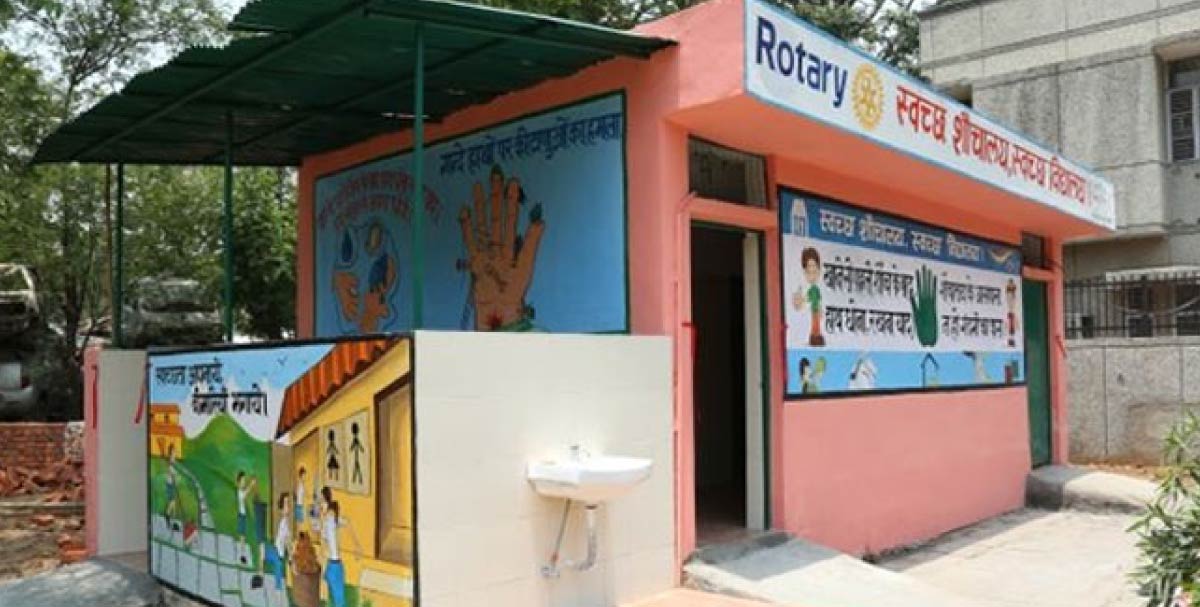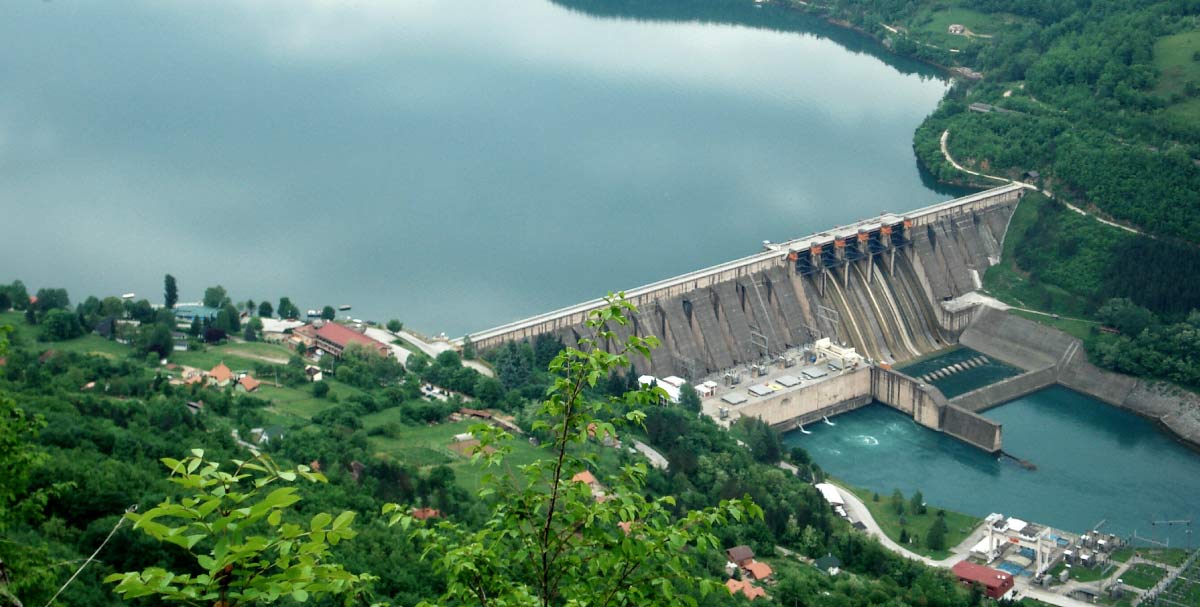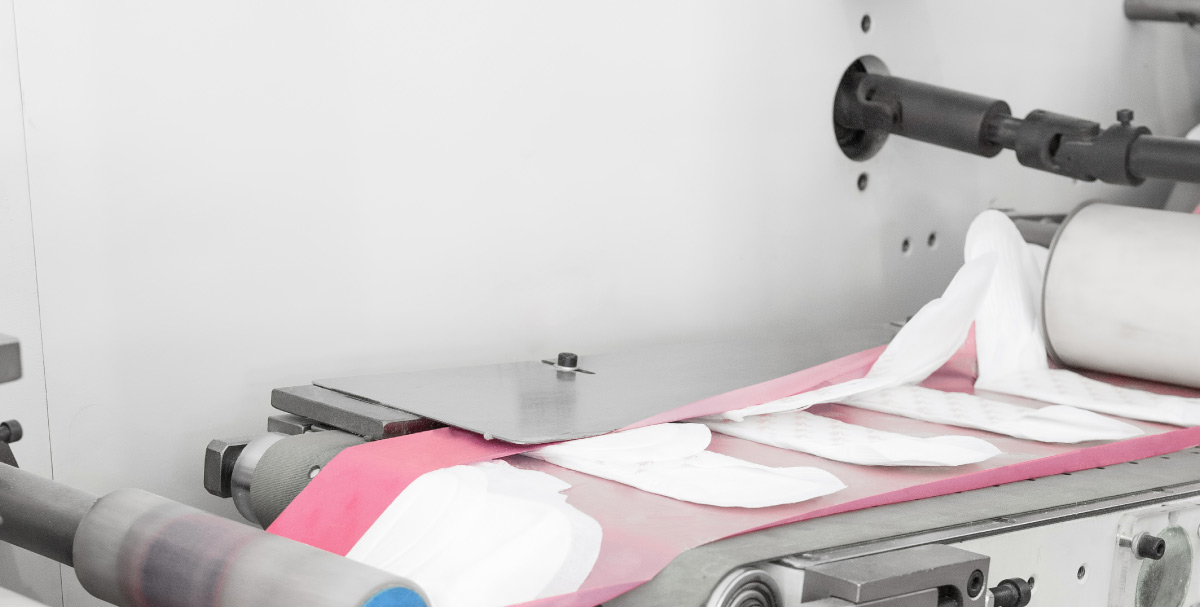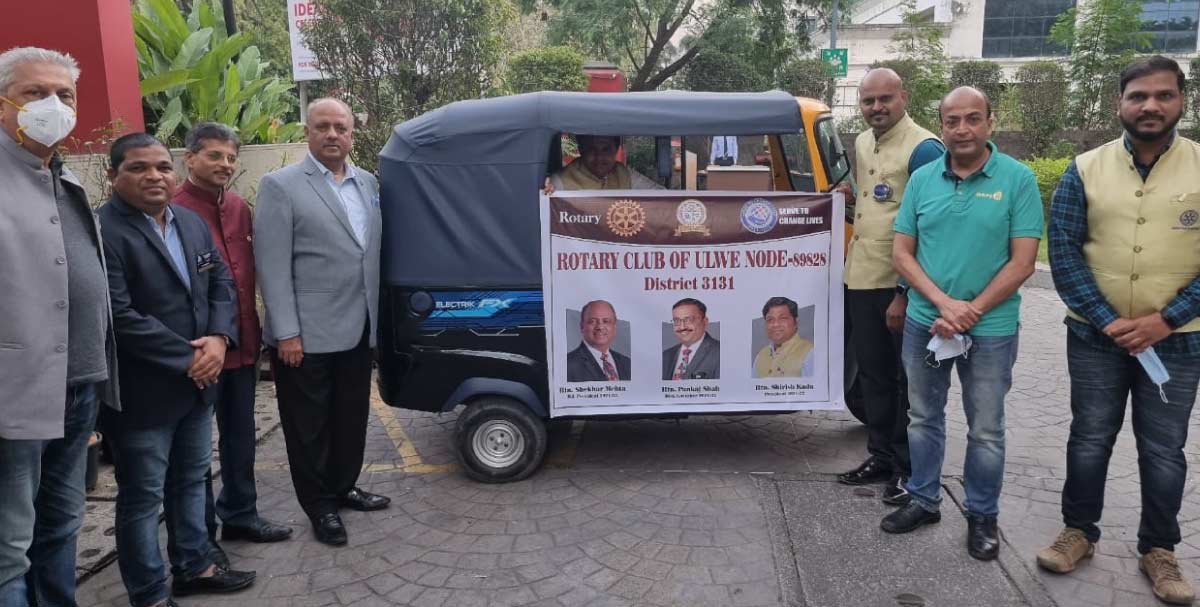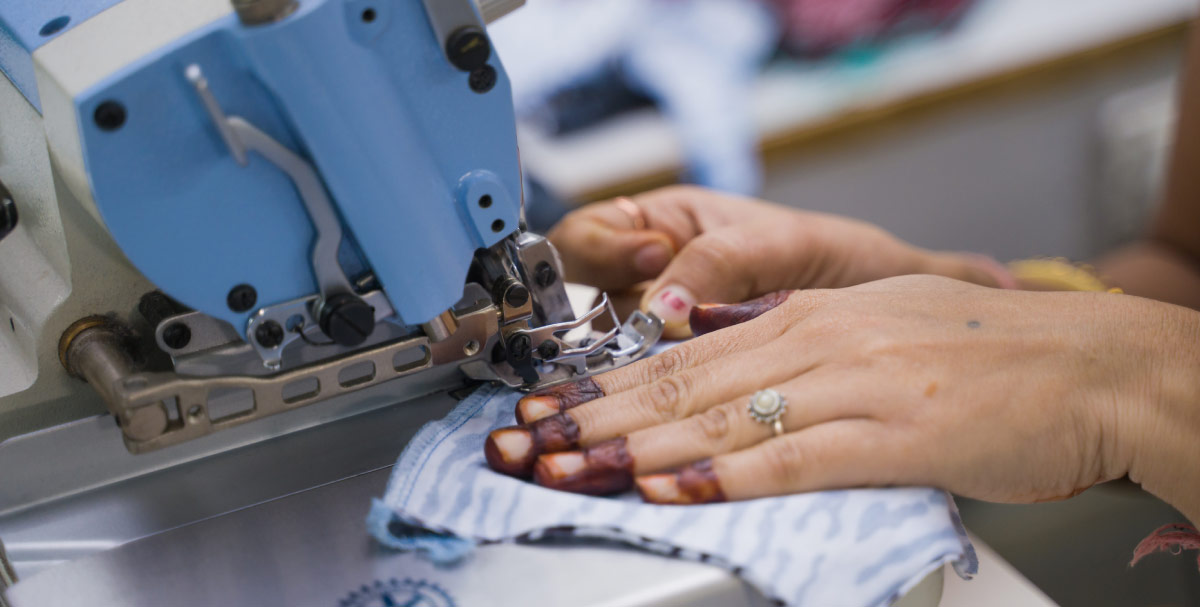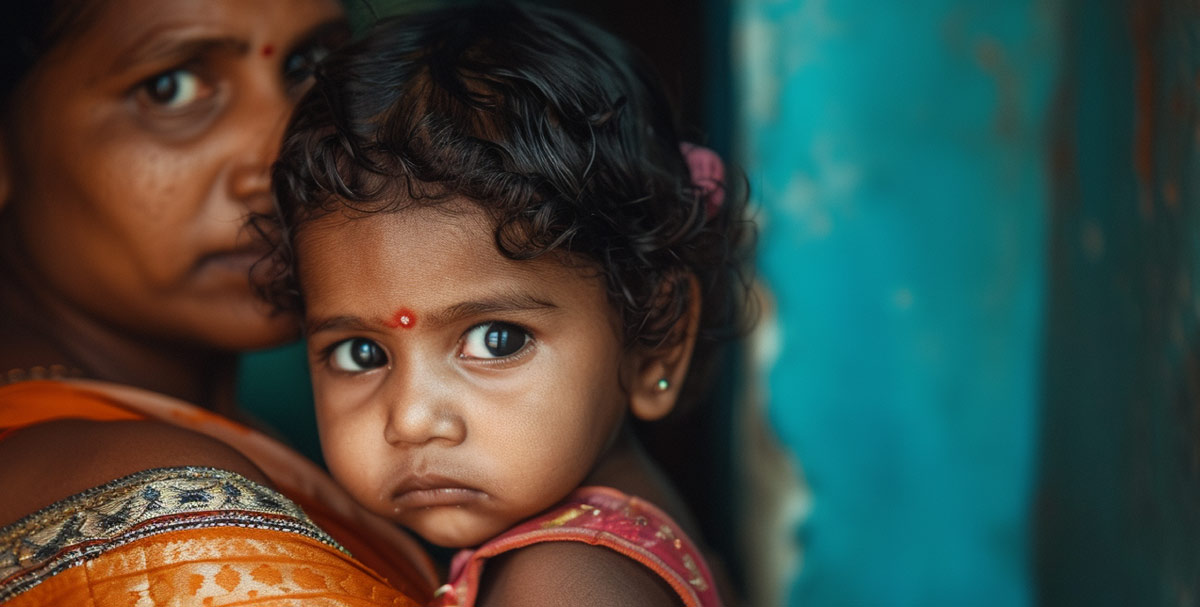Implemented by: Rotary India About the Project: The Augmentation of Thalassemia and Sickle Cell Disease Care Centre project was initiated to enhance healthcare services for patients suffering from Thalassemia Major and Sickle Cell Disease (SCD) at Dr. Vinky Rughwani Child Care Centre and Hospital, managed by the Thalassemia Society of Central India. This non-profit, non-governmental
Overview
About Rotary Foundation (India)
Rotary Foundation (India) supports programs and projects of The Rotary Foundation of Rotary International. Rotary Foundation (India) (“RFI”) is a society registered under the Societies Registration Act of 1860 on 22nd February 1988. RF(I) provides Indian donors with a tax rebate of 50% under Section 80-G of the Income Tax Act 1961. These contributions to RF(I) are also eligible for Donor recognition from TRF. Rotary Foundation (India) [RF (I)] is also registered with Ministry of Corporate Affairs (MCA) hence, fulfilling the eligibility criteria to act as an implementing agency for undertaking CSR activities.
How we work?
Rotary Foundation India (RFI) transforms your contributions into service projects that change lives close to home and nationwide. In India, the Rotary Foundation (India) or RF(I) runs its interventions in two prime models –
Global Grants
Global Grants (with philanthropy donations) that support extensive activities with sustainable, measurable outcomes in Rotary’s focus areas. Since Inception in India, RF(I) has completed 3375 projects worth 1.48 Billion USD across all Areas of Focus.
Corporate Social Responsibility Grants
Corporate Social Responsibility Grants (with CSR funds from corporates): Given Rotary’s profile and humanitarian efforts throughout India, Rotary Foundation (India) has expanded its partnership base by cultivating corporate relationships for CSR projects and implementing sustainable and impactful humanitarian projects through Rotary clubs/districts. RF(I) started its Pan India CSR operations in October 2016.
All service projects are designed and implemented by members of community-based Rotary Clubs to ensure sustainability and maximize the results of their work. We have a pan-India reach to implement projects through structured programs, with a network of nearly 2 lakh Rotarians in 4600+ Rotary clubs and 2600+ Rotaract clubs.
Since Inception


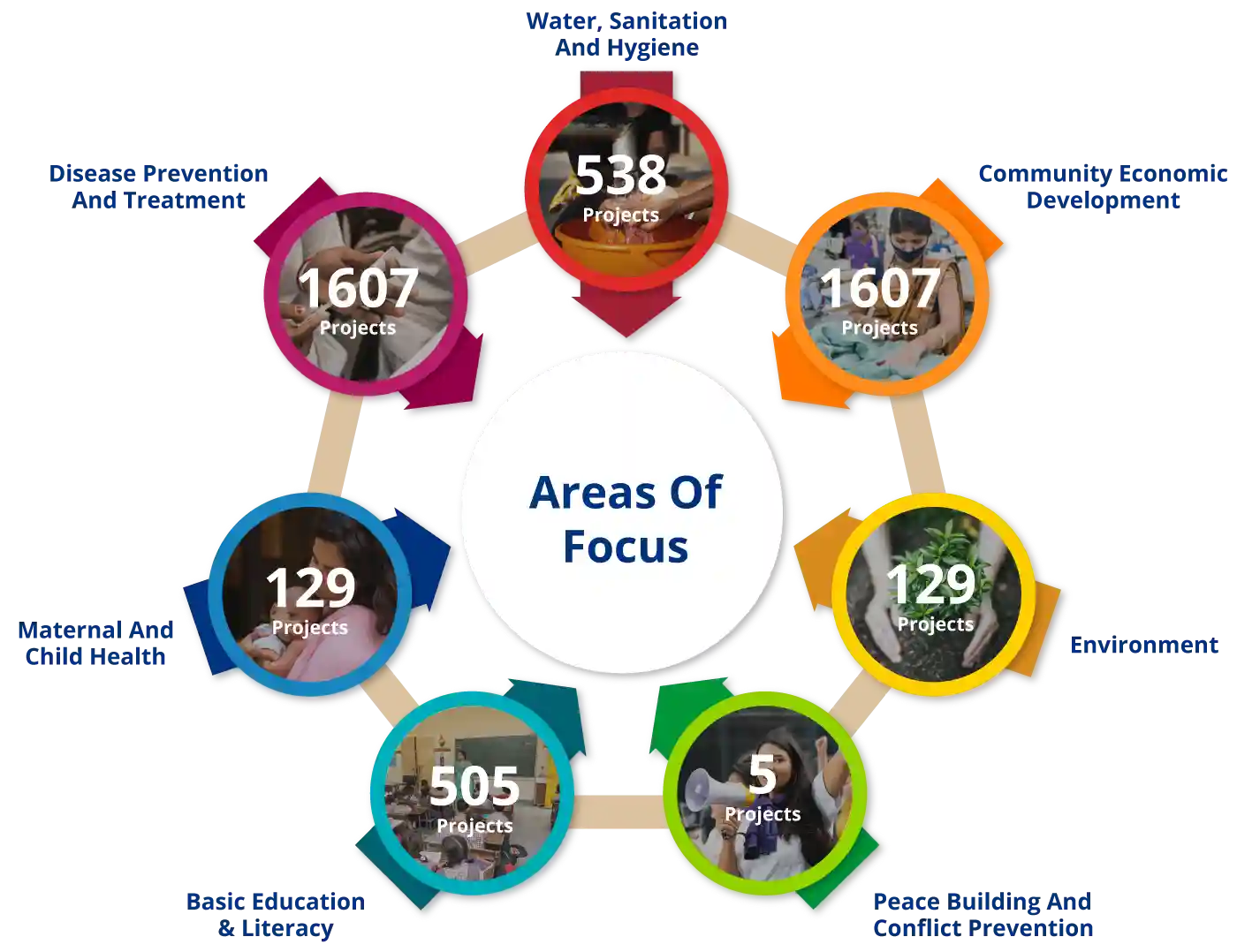
RF(I)'s CSR Journey so far
RF(I) started its Pan India CSR operations in October 2016.
Since its inception under CSR, Rotary has partnered with nearly 400 corporate partners and supported projects worth 10.6 Million USD.
Given Rotary’s profile and humanitarian efforts throughout India, Rotary Foundation (India) has expanded its partnership base by cultivating corporate relationships for CSR projects and implementing sustainable and impactful humanitarian projects through Rotary clubs/districts.
Our Programmes
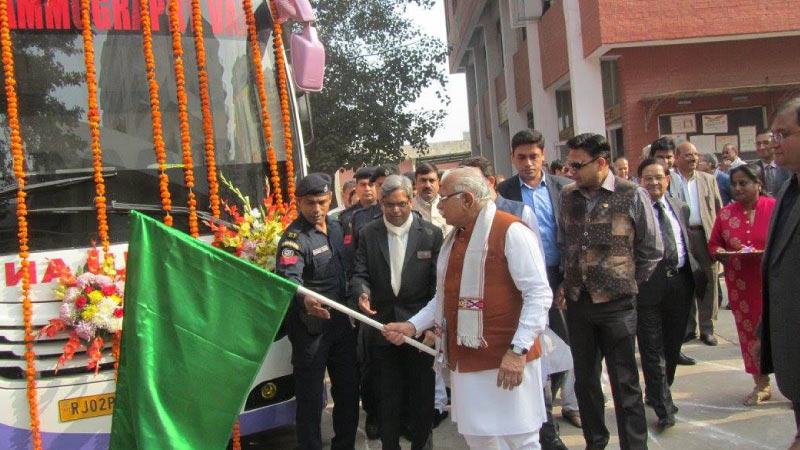
Disease Prevention And Treatment
The Rotary Club of Gurgaon launched a Mobile Mammography van
The van was launched in 2016 and has a mammography unit, PAP smear chamber, and X-ray unit. The van provides free mammography screenings to underprivileged women to detect breast cancer early, charging a nominal fee per camp to sustain operations. Initially covering Delhi-NCR and nearby areas, the van was grounded in March 2020 due to the COVID-19 lockdown but plans to resume service soon.

Environment
Solar power helps promote integrated village development in Maharashtra’s Vanvasi.
The Rotary Club of Bombay, in collaboration with the Chirag Rural Development Foundation, completed an integrated village development plan in Vanvasi village, Jawahar taluka, Maharashtra. The project includes a submersible solar pump for drinking water for 120 homes, another pump for irrigating 20 acres of farmland, and solar lamps for backup lighting to assist during monsoon power outages.
Implemented by: Rotary India About the Project: The Rotary Moodbidri Dialysis Centre was established to provide essential dialysis services for chronic kidney patients in Moodbidri and the surrounding taluks. A community assessment had revealed that 50–60 economically disadvantaged patients required regular dialysis but faced significant challenges due to the absence of government-run facilities in the
Implemented by: Rotary India About the Project: The Medical Equipment for Gomabai Netralaya Hospital project was initiated to enhance diagnostic capabilities and improve patient care at the hospital, which specializes in Total Eye Care, including Cataract, Glaucoma, Retina, Cornea, Pediatric Ophthalmology, LASIK Laser, and Eye Banking. A significant portion of these services is provided free
Implemented By: Rotary Club of Calcutta Pointers About the Project: The SAPLING project was initiated to promote organic farming practices and sustainable livelihoods in the rural belt of South 24 Parganas, West Bengal. The initiative primarily supports A Village for Independent and Enterprising Women (A VIEW)—a nonprofit rehabilitation center for mentally ill homeless women—as well
Implemented By: Rotary Club of Thane North About the Project: This project was conceptualized to address the dual challenges of water scarcity and limited livelihood opportunities in the tribal farming communities of Jawhar, located in the Palghar district of Maharashtra. Despite receiving over 3000 mm of annual rainfall, the region suffers from seasonal water shortages
Implemented by: Rotary Club About the Project: The Toilets for Girl Students Project, initiated by the Rotary Club of Tirupur Metal Town, aimed to address the lack of adequate sanitation facilities in government schools across Tamil Nadu, India. Many schools lacked proper toilets, forcing girls to compromise on hygiene, safety, and dignity, which often led
Implemented by: Rotary Club About the Project: The Maloonga Check Dams Project was undertaken to address the pressing issue of water scarcity in Jodhpur, Rajasthan. Recognizing the critical need for sustainable water conservation, the project focused on the construction of seven check dams to recharge groundwater and enhance water availability for both drinking and irrigation.
Implemented by: Rotary India The Happy School Project was successfully implemented to enhance educational facilities and create a more engaging and supportive learning environment for students in three selected schools. The initiative aimed to equip these schools with essential educational tools, improve infrastructure, and provide teacher training to enhance the overall quality of education. By
Implemented by: Rotary Club of India Location: Sundarbans This project aims to preserve the mangroves in the Sundarbans, India, by providing alternative livelihoods to reduce anthropogenic pressure. It includes embankment shoring using coconut palms and Nypa fruiticans, establishing apiaries for 150 families, and managing plastic pollution through shredding and recycling. These initiatives will economically empower
Implemented by: Rotary Club of Arni Fort Location: Arni Fort The Rotary Club of Arni Fort is sponsoring a Global Grant Project to provide essential machinery to the Arni Auxilium Society’s St. Joseph Convent Women Promotion Centre. This initiative includes three Areca Plate Making Hydraulic Press Die Punching machines, three Double Die Semi-Automatic Paper Plate
Implemented by: Rotary Club of Kerala Location: Kerala The project aims to provide electric auto-rickshaws to women from impoverished backgrounds in Kerala, India, as a means of income generation. Auto rickshaws, a standard mode of transport, are typically driven by men and use fossil fuels. By offering electric vehicles, this initiative promotes environmental sustainability while
Implemented by: Rotary Club of Visakha Smart City Location: Visakhapatnam The proposed project aims to provide professional training in tailoring and entrepreneurial skills to 245 women from economically under-served families in and around Greater Visakhapatnam Municipal Corporation, Andhra Pradesh. Initiated by the Rotary Club of Visakha Smart City, District 3020, the project will teach marginalized
Implemented by: Rotary Club of Pune Heritage Location: Pune As the only government hospital in Western Maharashtra providing pediatric surgical services, Sassoon’s Pediatric Surgical Unit handles 5000-6000 cases annually, with 1500-2000 requiring surgery. Despite dedicated efforts, limited equipment has led to a 9% overall mortality rate, with 85% of deaths occurring in neonates due to
Implemented by: Rotary Club of Pune Heritage Location: Pune The Lokmanya Tilak Municipal General Hospital (LTMGH) in Mumbai, a premier medical institution known for its extensive trauma and disaster care, has grown from a 10-bed facility in 1947 to a multi-specialty hospital with over 1,400 beds. Renowned for its affordable healthcare services and pioneering initiatives

